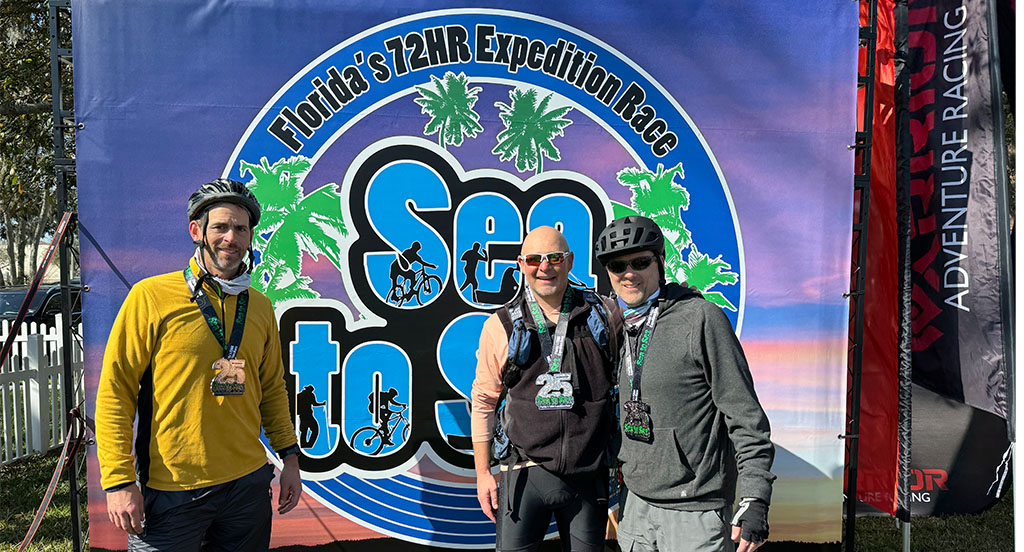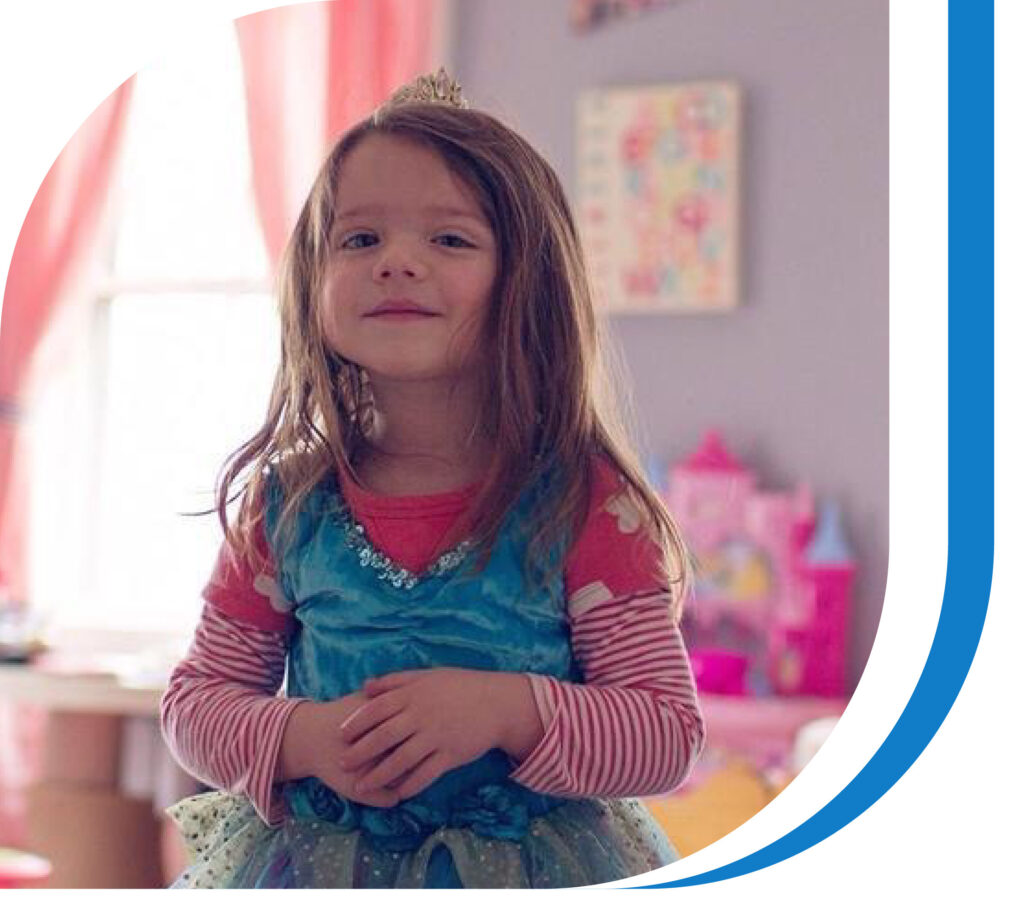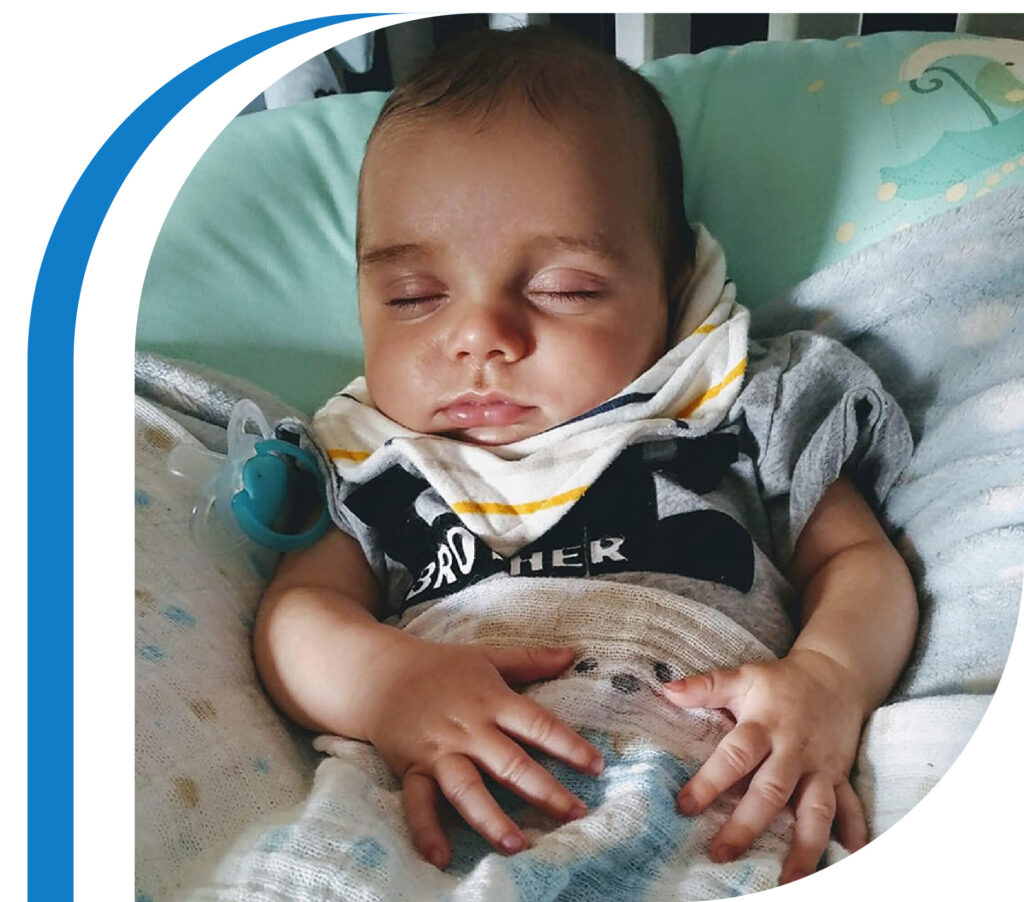Our commitment to people living with rare diseases linked to the PPi-Adenosine Pathway extends well beyond developing new treatments. We embrace a responsibility to listen to the community, to help bolster both individual and collective knowledge about these diseases and to make meaningful impact on their lives through education and support.
Learn more about ENPP1 Deficiency, ABCC6 Deficiency and calciphylaxis.
Partnering with the patient community is essential to our process and progress.
Research Collaboration
We collaborate with the community to facilitate research efforts, such as clinical trials and natural history studies. By involving the community in the research process, we can ensure that trial designs are patient-centric, recruitment efforts are effective, and outcomes are meaningful to patients.
“At Inozyme, keeping the patient and family at the center of our work is the foundation of everything we do. Including the patient voice in our research leads to stronger clinical trials, and ultimately, potential therapeutic options that can improve the lives of patients living with rare disorders.”
Catherine Nester, SVP HCP and Patient Engagement
Community Engagement
We participate in patient-driven research, advocacy events, patient conferences and support groups. By listening to patients’ experiences firsthand, we gain valuable insights into the impact of these diseases on patients’ lives and the unmet needs within the community.
We have been privileged to spend time with patients and their families. Their experiences guide us as we work to develop therapies that will lead to meaningful improvements in their day-to-day lives. Read more about the patients who inspire us.

Our team was honored to welcome the Van Wyk family to our office to share their family story. Three of six children in the family were diagnosed with generalized arterial calcification of infancy (GACI). Their youngest daughter, Natalie, was diagnosed in utero and later developed autosomal recessive hypophosphatemic rickets type 2 (ARHR2).

Our team came together to wrap gifts for Rare Disease families around the world in honor of Rare Disease Day. We were thrilled to welcome our friends from GACI Global for the activity!
These communities continue to inspire our work.

Scott Borgstrom, VP of Information Technology, and his team Circulating Hope, represented the GACI Global community during the Sea to Sea Expedition Race.
This race raises awareness for GACI Global and its mission to improve the lives of families affected by GACI and ARHR2.




